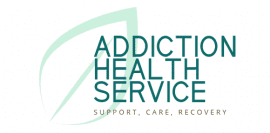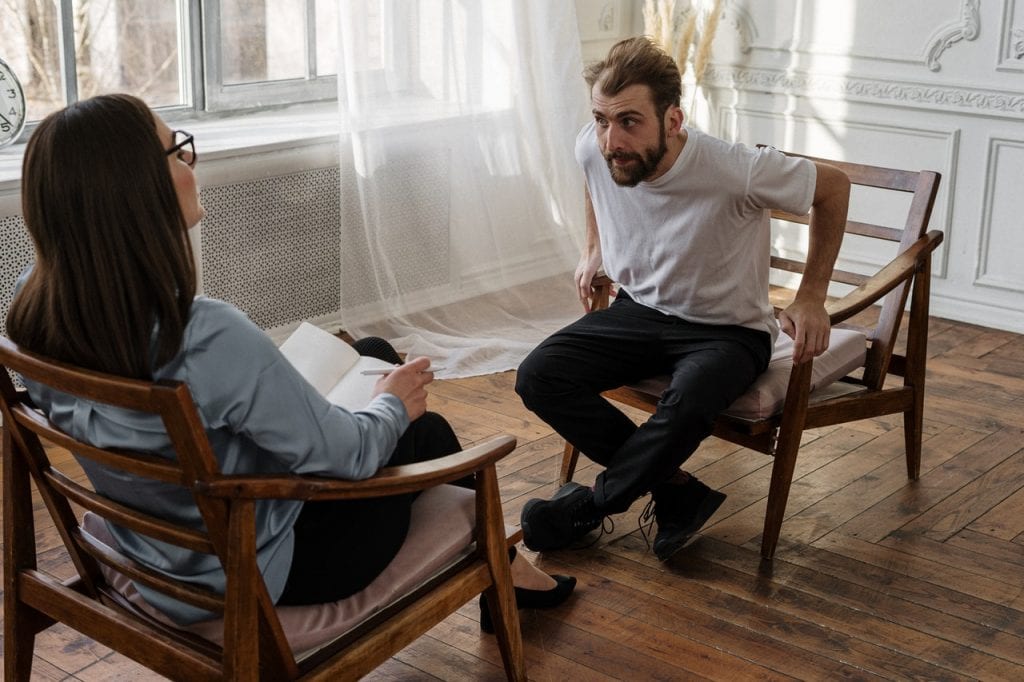The Typical Rehabilitation Centre Daily Routine*
Mornings
Most rehabilitation centres protocols stick to a routine, you are likely to wake at around 7:30 am to start the day – every day. Routine is important, it helps to keep the mind occupied, makes us feel more in control of everything, and helps reduce stress levels. A daily routine also allows you to focus on how you are feeling at any given time. You are likely to be offered a healthy breakfast and be expected to take part in some kind of morning activity, this could be a walk in an outdoor space or following a guided yoga session for example. Morning meditation is a common practice in most addiction and mental health rehabilitation programmes, it helps to ensure you start the day in a calm headspace.
The above is likely to be followed by a Group session led by a counsellor or therapist this is usually focused on recovery, the 12 steps programme, mental health and addiction. These daily meetings in a safe and supportive environment, surrounded by peers really help to give clarity of mind.
Afternoons
A healthy lunch is usually followed by more intensive therapy sessions, usually individual or smaller groups. These can vary from cognitive behavioural therapy, group therapy, family therapy or specialized sessions and are likely to be in a series of sessions throughout the afternoon. Some rehabs may also host guest speakers who will talk about their mental health or addiction experiences.
Free Time
After the therapy sessions are complete, you will likely have a couple of hours of free time to be used however you choose. Centres may provide activities like ping pong, football or other sports. Some choose to spend their free time journaling or doing crafts.
Afternoons
After dinner – which you may be asked to help prepare, there is usually another short therapy session or reflection period. Typically a 12 step programme is offered in the evenings, these meetings provide a safe, respectful and anonymous environment in which friendship and support can be fostered — which serves as an intrinsic element for long-term recovery.
Bedtime is usually encouraged at a reasonable hour after all rehabilitation inpatient programmes are all about developing healthy habits and a healthy lifestyle.
The View From Inside Rehab Inpatient Protocol
“Firstly I want to say thank you to the Recovery Lodge staff and members.
I am 24 years old. I never thought that stopping drinking and taking drugs would be possible at this age. I went into rehab because my family wanted me to and I wanted to please my family. I didn’t know there was a solution.
From the moment I walked into that rehab, everyone was so friendly, I was so nervous, I didn’t want to stay there but they made me feel so welcome. At the end I didn’t want to leave, it became like my home.
I got to know myself in rehab. Counsellors were really good, they work really different but they challenged the inner me. This place just didn’t help me with my using, it also helped me with finding who I really am.
I stayed in The Recovery Lodge for nearly 3 months and my family always says that it’s the best money they ever spent.”
Ecem Gunal – The Recovery Lodge
“I have been a patient of Priory Hayes Grove for almost 4 years. I receive regular out-patient treatments and have also been admitted as an in-patient 3 times during this period. It has been my experience over that period that the quality of care is excellent. The Nurses on the Lower Court Ward ( where I was staying ) were superb and I was made to feel protected and important at all times.
My consultant Psychiatrist and consultant Psychologist have worked very hard to manage my ASD and various mental health conditions that have enabled me to manage my life better and move forward. Indeed the quality of care provided by the hospital generally has definitely, without doubt, improved over the past 2 years.”
Verified Patient – Hayes Grove Priory
How To Get Into A Rehab
Getting into a rehabilitation centre, an inpatient programme – getting help, takes just a phone call. We work hard with you to get you where you need to be, finding the right treatment programme for you, a centre where we believe you can heal and any help you need getting there. For a helping hand, you can contact us at any time.
*routines will vary from centre to centre, enquire directly with centre’s for specifics

